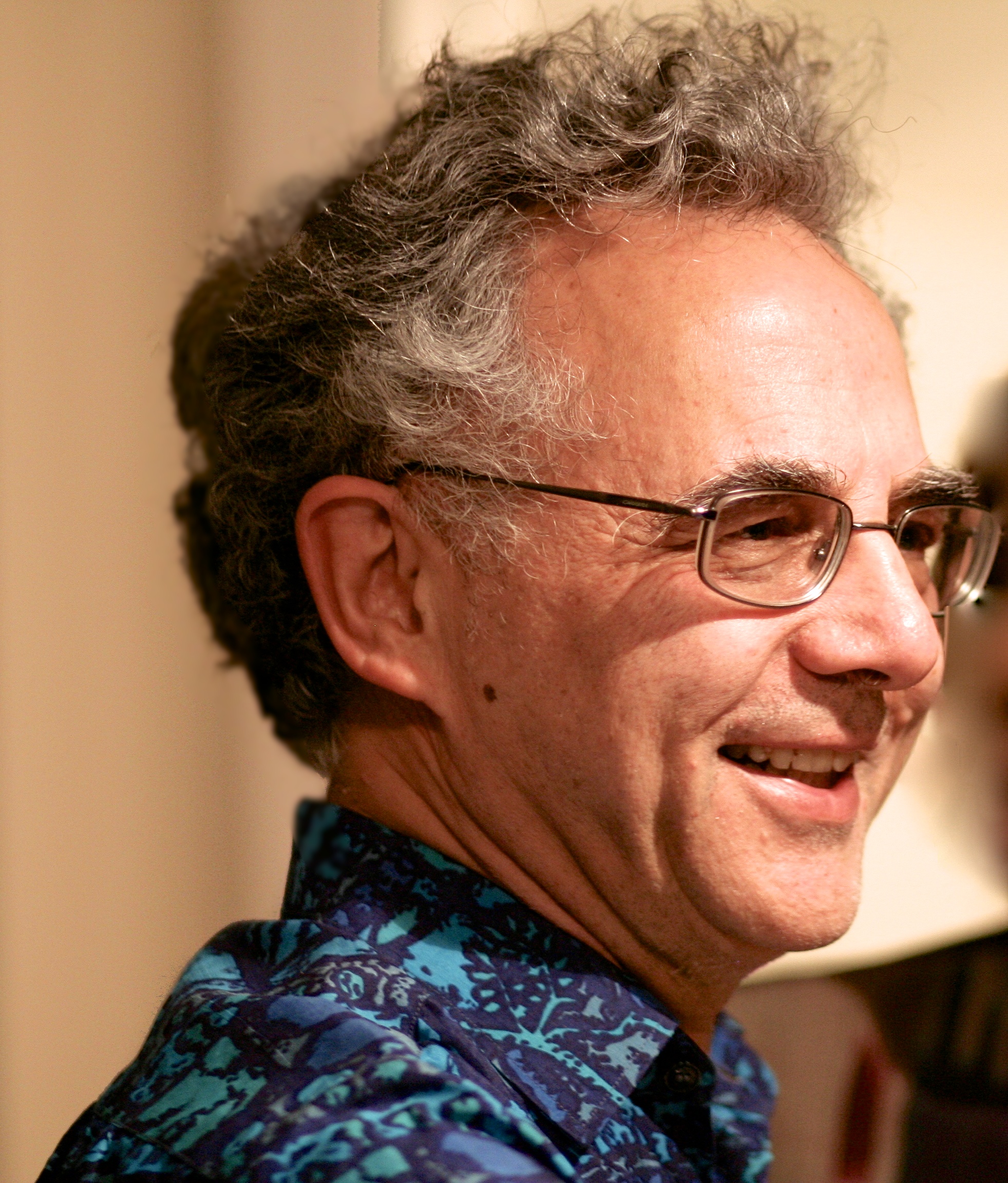Canada participated in the recent first High Level Meeting (HLM) of the Global Partnership (GP) in Mexico City. Reflecting the Partnership’s inclusiveness principles, Canada showed two faces: a government delegation led by Minister Paradis and a separate civil society organisation (CSO) contingent.
But what is the Global Partnership? It was born at the 2011 Busan Forum where a very wide range of stakeholders, donors, traditional and new, recipients, CSOs, parliamentarians and business leaders pledged to work in partnership delivering effective development support. The core objective, re-affirmed in Mexico by the UN Secretary-General: to eliminate global poverty through the UN’s Post-2015 Agenda.
The legitimacy of the GP has been challenged by some important emerging economies, notably China, India and Brazil, which see it as a Western-inspired end-run on a key UN mandate. CSOs are concerned at its flawed inclusiveness. These challenges remain but the overall tone and outcome of the Mexico meeting was positive with a set of conclusions that said it was ready to move on and work closely in partnership with the UN in implementing the Post-2015 Agenda.
The formal two-day HLM covered a very broad agenda in its six plenaries and multiple (35!) focus sessions. This was preceded by a one-day CSO meeting. Big ticket topics included: effective taxation, including the challenges for developing countries of raising more themselves; south–south co-operation such as Brazil, an emerging economy helping low-income, Mozambique; and maybe the most controversial topic, one strongly favoured by Canada, of foreign businesses as development partners.
The whole style of this mega–meeting was very slick: live-steaming, questions tweeted in and most plenaries moderated by international TV personalities. With many panels weighted to favour one message, moderators were sometimes forced to act as advocate for the alternative viewpoint by posing hard questions to over-simplifying panelists. Key debates were enlivened by bold advocacy, with panelists sharply split. A frequent reminder was that a future world free from poverty, one in which ‘no one was left behind’, demanded a major focus on inclusion.
CSOs collectively felt there had been important slippages from the Busan commitments on their role as development actors in their own right. All 100-plus from around the world protested in a show-stopper masked protest delaying the final plenary. More positively, Canada’s Minister Paradis held a private meeting to hear the perspectives of key international and Canadian CSOs.. Global Parliamentarians, nominated Canadian MP, Hélène Laverdière, to plead for their stronger role in the Partnership.
The enhanced private sector role saw negative comments in several sessions, but these were overwhelmed by a worrisomely forceful pushback from OECD donors, notably the UK development minister, a GP co-chair. There were slick presentations by the few ‘model’ companies present, notably Volvo and H&M, both pledging to be sensitive investors committed to job creation working under codes of conduct aligned with Busan principles. Critics worried that less benign private investors might prefer tax evasion and poor working conditions. A big concern, reflected in a huge hole in the final communiqué, was that while other stakeholders such as donors and CSOs pledged to respect the Busan framework of inclusiveness and country-led development, no such formal pledge was forthcoming from the private sector.
A mountain of work remains for the Partnership. Mexico can be seen as an important first step but there are still big questions as to the GP’s own sustainability. First is the practical one – it is being run on a human shoe-string by a support group of under a dozen officials on loan from the OECD and UNDP. This means it depends upon the far from benign generosity of a few western donors, a point of serious suspicion for developing countries and CSOs. Second, there are no transparent rules on how the steering committee of notables is appointed. A new leadership was simply announced: the Dutch, the host-country Mexico (incidentally an OECD member replacing a developing country) and an unconfirmed African country to replace a very forceful Nigerian Minister. In power politic terms, there needs to be major push, probably high level and discreet, to bring the major emerging economies on board. A Global Partnership without a China, is obviously flawed in credibility.
And where is Canada? We are formally pledged to be active and energetic supporters of the spirit and substance of the Partnership. We have helped the joint support group financially. After harsh cuts at home, we are sounding more positive on the importance of civil society actors. Our stance on the private sector role is rather uncritically positive and more homework is probably needed there. We could usefully work to bridge the differences with key actors in the UN leadership. Not least we can try to ensure that DFATD starts to think inclusiveness in its policy and actual operations.
